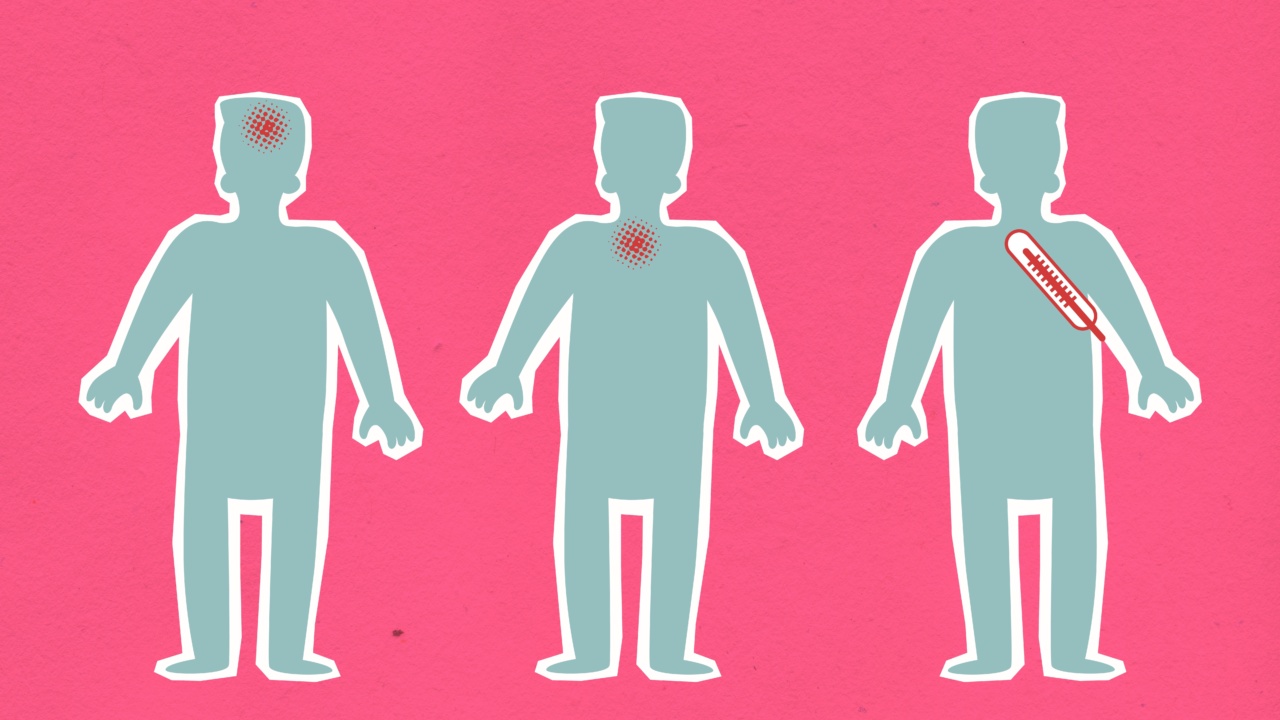Most people tend to ignore mild health symptoms, convinced that they will soon go away by themselves without much intervention.
While most minor symptoms are indeed nothing to worry about, there are a few that can actually indicate an underlying disease or condition that could have devastating effects on your health. Here are ten unassuming symptoms that can indicate serious medical issues, and should not be ignored.
1. Persistent Headaches
Occasional headaches are a common occurrence among most people, and they can be treated with over-the-counter pain medication.
However, if you experience persistent headaches that are accompanied by other symptoms such as nausea, vomiting, or difficulty speaking, it could be a sign of a more serious condition such as a brain tumor or meningitis. Other causes of persistent headaches can include hypertension, anemia, and sinus infections, among others.
2. Unexplained Weight Loss
Losing weight can be a difficult and challenging process, but if you experience unexplained weight loss, it could be a sign of an underlying condition that requires prompt medical attention.
Unexplained weight loss can indicate several diseases such as cancer, diabetes, and hyperthyroidism, among others.
3. Persistent Fatigue
While feeling tired after a long day or an intense workout is normal, persistent fatigue that seems to last for weeks or even months, could be a sign of anemia, thyroid problems, sleep apnea or depression, among others.
If you experience persistent fatigue, you should see a doctor for proper evaluation and diagnosis.
4. Persistent Cough
A persistent cough that lasts for more than two weeks should not be ignored, as it could be a sign of serious conditions such as bronchitis, pneumonia, or lung cancer.
Other causes of persistent cough include asthma, allergies, and acid reflux, among others.
5. Abnormal Bleeding
Abnormal bleeding can be a sign of many medical conditions, some of which can be life-threatening.
If you experience unusual bleeding, such as heavy periods, bleeding between periods, or bleeding after menopause, it could be a sign of endometrial or cervical cancer, or other gynecological problems.
6. Breathlessness and Chest Pain
If you experience breathlessness and chest pain, it could be a sign of a heart condition such as a heart attack or angina. Other causes could include pulmonary embolism, pneumonia, or bronchitis, among others.
If you experience these symptoms, seek emergency medical attention right away.
7. Persistent Indigestion
While occasional indigestion is normal, persistent indigestion that lasts for weeks could be a sign of a stomach ulcer, gastritis, or even stomach cancer. If you experience persistent indigestion, see a doctor for proper evaluation and diagnosis.
8. Changes in Skin Moles
If you notice changes in the size, shape, or color of your skin moles, it could be a sign of skin cancer. Other red flags include itching, bleeding, or oozing of the mole.
If you notice any of these changes, see a dermatologist as soon as possible for proper evaluation and treatment.
9. Vision Changes
Changes in your vision including blurriness, double vision or loss of peripheral vision, can be a sign of serious eye conditions like cataracts, glaucoma or macular degeneration.
Other causes of vision changes can include migraines, strokes, and brain tumors.
10. Joint Pain and Stiffness
While joint pain and stiffness can be caused by several conditions, persistent and severe pain, especially when accompanied by swelling, redness, and warmth in the joint, could be a sign of rheumatoid arthritis or other autoimmune conditions.
This article highlights only a few of the many unassuming symptoms that can indicate serious medical conditions. If you experience any of these symptoms or others that interfere with your daily life, see a doctor for proper evaluation and diagnosis.




























